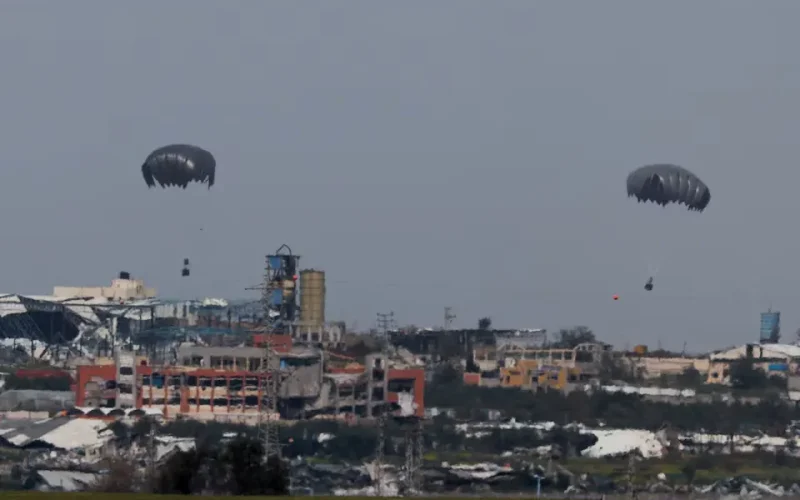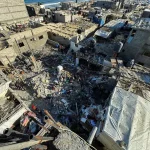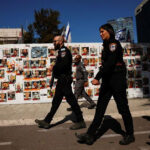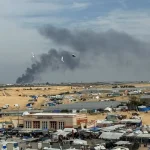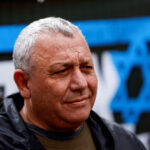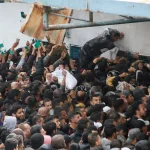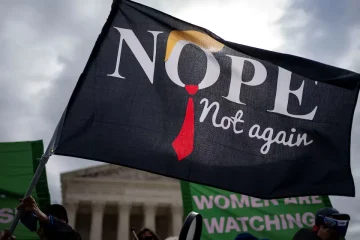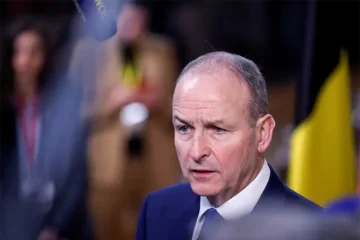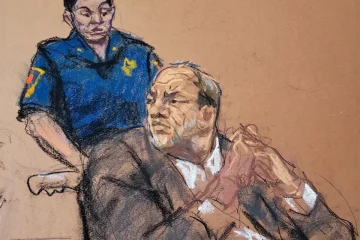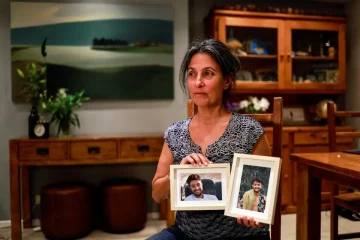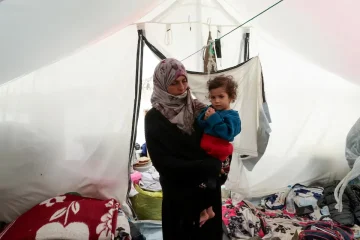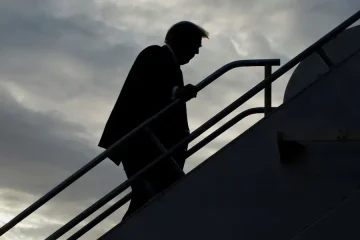ISRAELI Prime Minister Benjamin Netanyahu said he would keep on with the military campaign against Hamas in Gaza, where aid agencies say famine is looming, while ceasefire talks were set to resume.
Netanyahu told a cabinet meeting that Israel would push into Rafah, the last relatively safe place in the tiny, crowded Gaza enclave after more than five months of war, despite international pressure for Israel to avoid civilian casualties.
“We will operate in Rafah. This will take several weeks, and it will happen,” he said, without clarifying if he meant the assault would last for weeks or would begin in weeks.
He later said after meeting German Chancellor Olaf Scholz in Jerusalem that Israel would not leave civilians trapped in Rafah when its forces begin their assault.
Israel’s allies have piled pressure on Netanyahu not to attack Rafah, where more than a million displaced people from other parts of the devastated enclave have sought shelter, without a plan to protect civilians.
At a joint news conference, Scholz said he had spoken with Netanyahu about the need to provide comprehensive humanitarian aid to the people in Gaza.
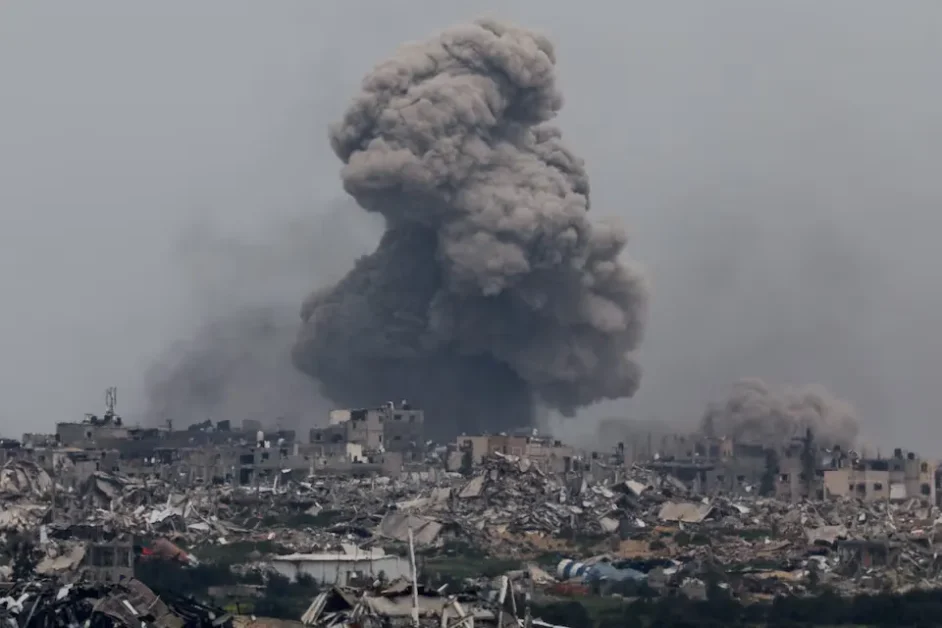
“We cannot stand by and watch Palestinians risk starvation,” Scholz said, echoing a call from European Commission President Ursula von der Leyen, visiting neighbouring Egypt at the same time, for a ceasefire deal and more aid for Gaza.
“It is critical to achieve an agreement on a ceasefire rapidly now that frees (Israel’s) hostages and allows more humanitarian aid to reach Gaza,” von der Leyen said after meeting Egyptian President Abdel Fattah al-Sisi.
At the cabinet meeting, Netanyahu had hit out at his allies, saying: “Are your memories that short? Have you so quickly forgotten October 7, the most horrific massacre of Jews since the Holocaust? Are you so quick to deny Israel the right to defend itself against the Hamas monsters?”.
Hamas fighters killed 1,200 people and seized 253 hostages in the October 7 attack according to Israeli tallies, triggering a massive assault on Gaza.
Israel’s air and ground campaign in the enclave has killed more than 31,600 people say health authorities in Hamas-run Gaza, driven most of the population from their homes and brought them to the brink of famine according to aid agencies.
A source familiar with truce talks in Qatar told Reuters the head of Israel’s Mossad intelligence agency would join the delegation attending the negotiations with Qatari, Egyptian and U.S. mediators.
Hamas presented a new ceasefire proposal last week including an exchange of Israeli hostages and Palestinian prisoners. Israel’s security cabinet is to meet to discuss it before the delegation leaves.
Netanyahu has already said the proposal was based on “unrealistic demands”, but a Palestinian official familiar with mediation efforts said chances for a deal looked better with Hamas having given more details on the proposed prisoner swap.
“Some in Israel felt (Hamas) made some improvement on its previous position and it is now in the hands of Netanyahu alone to say whether an agreement is imminent,” said the official, who asked not to be named.
Israeli Defence Minister Yoav Gallant, in an apparent reference to the negotiations, said the security establishment “is committed to exhausting every possibility and willing to take advantage of every possibility, including the current one, to return the hostages to their families”.
AID DELIVERY
Trucks of flour have reached northern Gaza for distribution to areas that have had no aid in four months, Palestinian media reported on Sunday.
A convoy of 12 trucks arrived in the north on Saturday carrying supplies to be distributed to the northernmost areas, the media and residents said.
The Hamas-linked Home Front media outlet reported that the aid was distributed by the “Popular Committees”, a group that includes leaders of powerful clans in Gaza. A Hamas source said the route was secured by Hamas security personnel.
Hospitals in the north have already reported children dying of malnutrition and dehydration.

